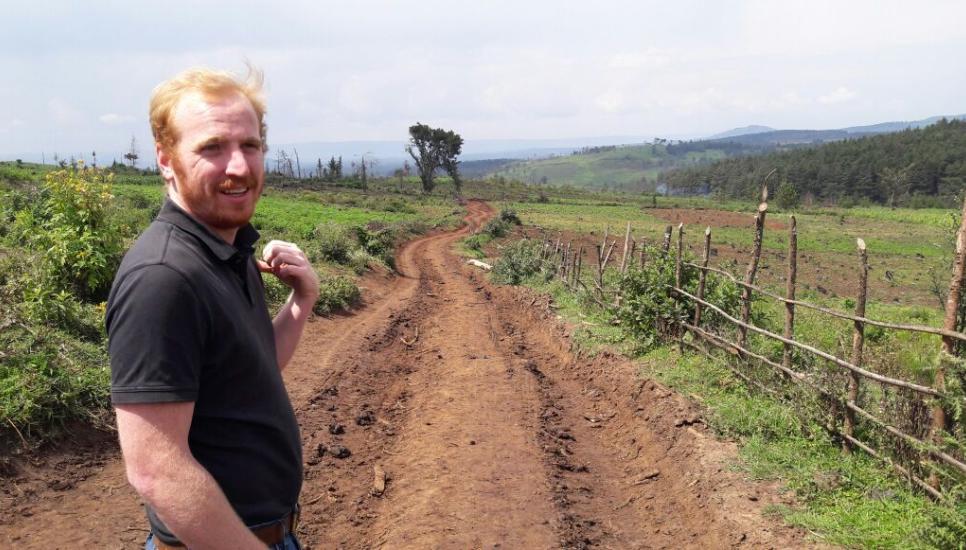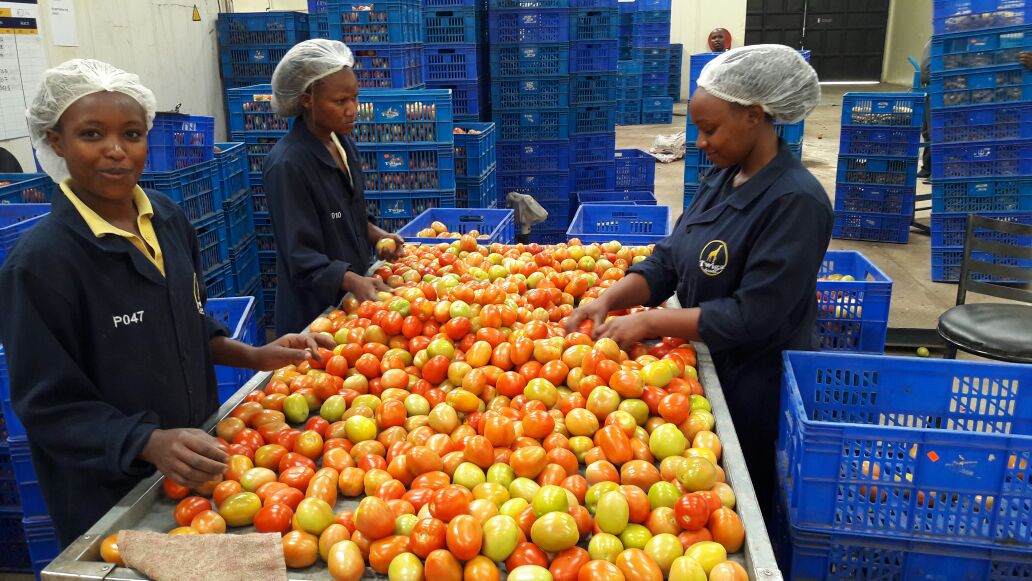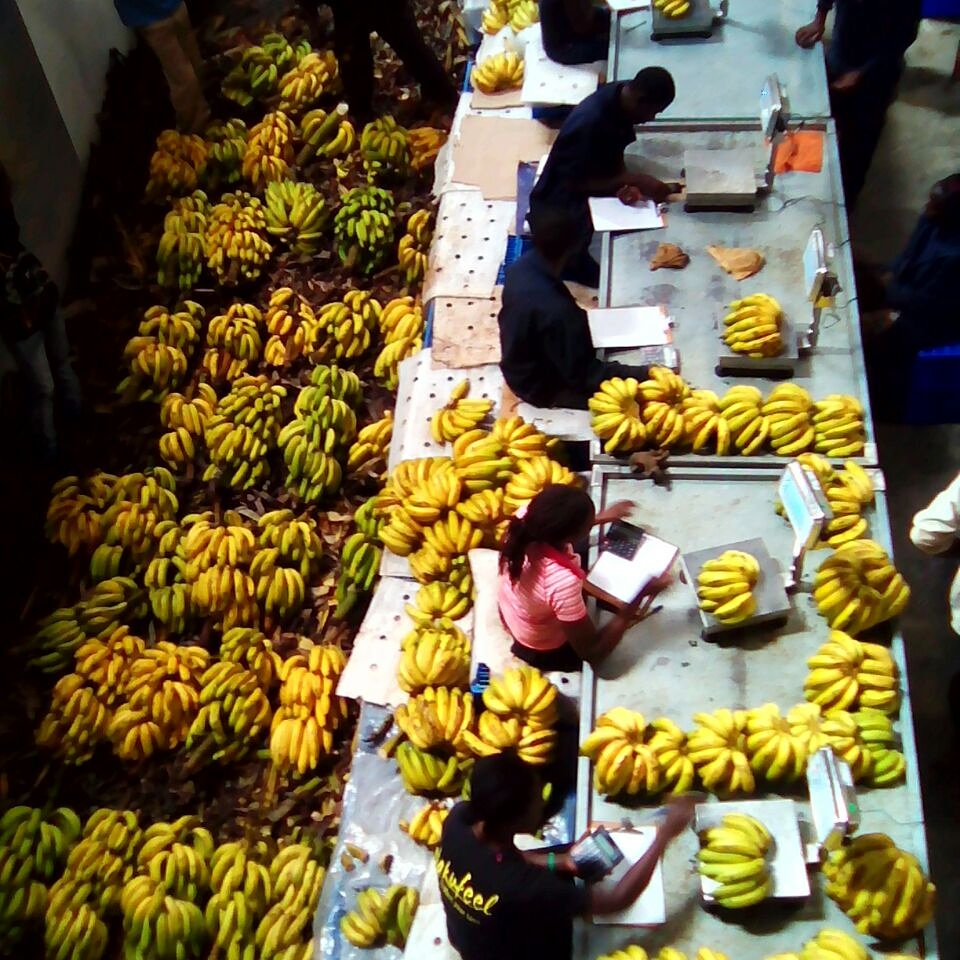DOB Equity invests in Kenyan tech-enabled food wholesaler

A Dutch family office has taken a bite of the growing $700 million African micro-vendor food market.
DOB Equity announced this week it became a minority shareholder in Twiga Foods, the Kenyan wholesaler, but was tight lipped on the percentage and cost of its stake.
DOB Equity said Twiga Foods' integrated and tech-enabled business model reduced costs and increased convenience for vendors in Nairobi by allowing them to buy fruit and vegetables through their mobile phone and delivering supplies directly to retailers' stalls.
Mobile technology is often considered a disruptive innovation, particularly in emerging markets. A report from the World Bank suggests the mobile revolution in Kenya is providing residents with more than just communications but is also democratising financial markets, which in turn is opening the door to faster economic growth.
 Twiga has become a reliable off-taker of produce for farmers, giving them the confidence to invest more in their farming, the family office said.
Twiga has become a reliable off-taker of produce for farmers, giving them the confidence to invest more in their farming, the family office said.
“Twiga Foods simplifies and shortens the often complex supply chains of key food items, thereby reducing costs, enabling just in time delivery, and minimising waste.
“After proving the business model with bananas, the company has recently branched out to tomatoes and onions and is looking to broaden its product base shortly.”
DOB Equity said supply chains for African urban markets were inefficient and costly for customers and vendors. More than 30% of banana stock purchased at the farm gate was lost due to poor handling by middle men and a lack of cold chain.
“This loss gets priced into end-consumer cost and contributes to the rapidly rising food inflation in Kenya today,” the office statement added.
DOB's investment will enable Twiga Foods to expand their supply capacity, allowing them to reach 7,350 vendors in Nairobi selling to 1.5 million Kenyans living in low and middle-income neighbourhoods. The market value of consumable goods sold through small informal vendors in Nairobi alone is more than $700 million annually.
 Grant Brooke, Twiga chief executive and co-founder, said: “The best thing about the Twiga model is that it is a big win for Africa's shop keepers, for Africa's farmers, for local FMCG manufacturers, and governments dealing with skyrocketing food prices amidst rapid urbanisation.
Grant Brooke, Twiga chief executive and co-founder, said: “The best thing about the Twiga model is that it is a big win for Africa's shop keepers, for Africa's farmers, for local FMCG manufacturers, and governments dealing with skyrocketing food prices amidst rapid urbanisation.
“To be able to launch this innovative model with the backing of like-minded investors like DOB Equity is a huge advantage.”
Brigit van Dijk-van de Reijt, chief executive of DOB Equity, said by simplifying the food supply chain, Twiga will improve food security and help reduce costs for Kenyan consumers.
“Improving delivery networks and reducing the cost of food are extremely important in Kenya, where families spend up to half their income on food.
“Current supply chain problems mean fruit can be significantly cheaper for consumers outside Africa like Europe or the United States, than those in Kenya, where the fruits are actually grown, despite the huge disparity in distance travelled.
“Ultimately, by improving the food delivery chains, Twiga Foods will raise food security on the continent and will help unlock the urban African consumables market which is approaching $1 trillion in annual value.”






